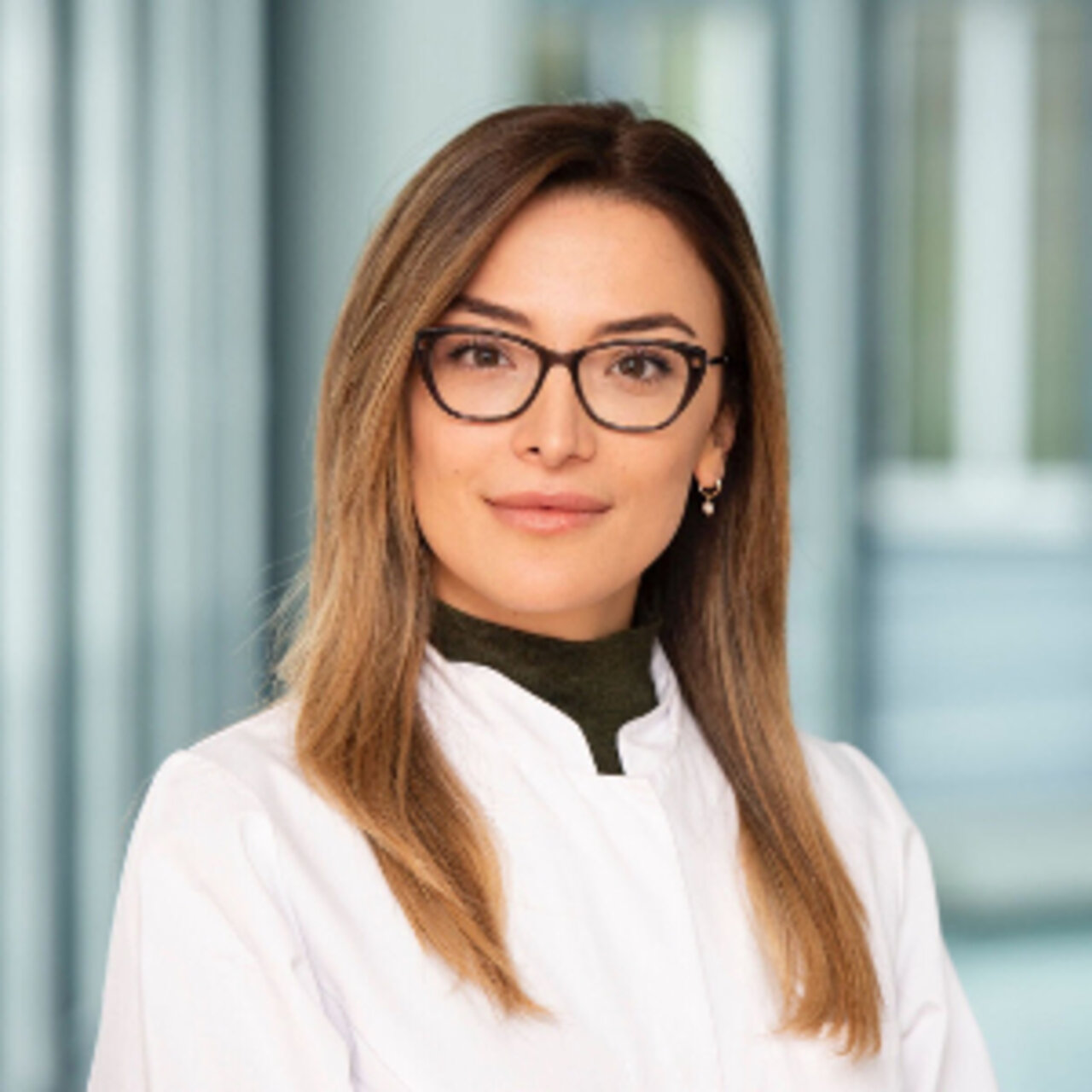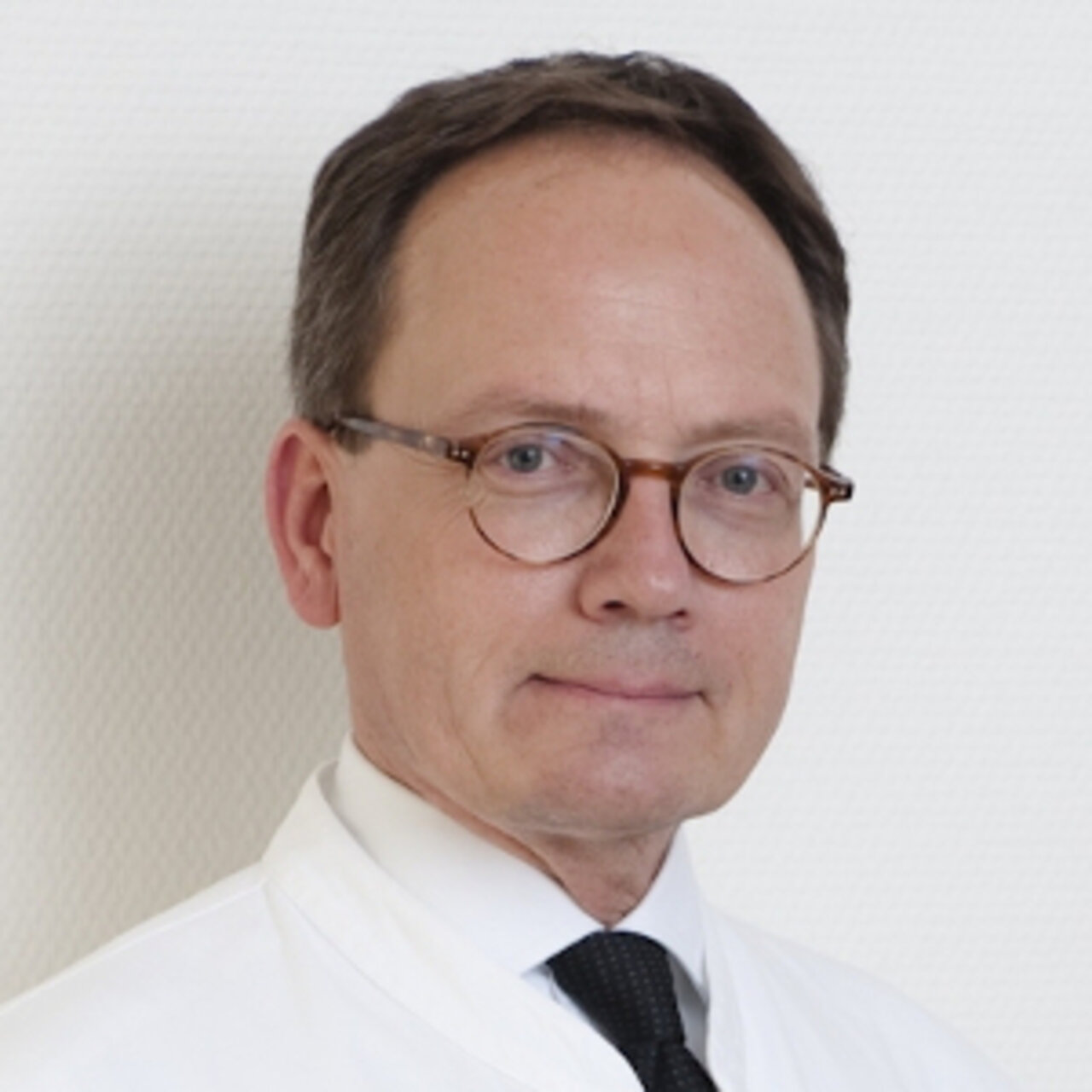Specialists in Check-up
3 Specialists found
Dr Brunilda Alushi, PhD, FEACVI
Internal Medicine and Cardiology, Prevention and Imaging Diagnostics
Munich
Information About the Field of Check-up
What Is a Check-up?
Age, lifestyle, and genetic predisposition are factors that bring health changes along. Since genetic aspects are difficult to influence, the aim of medicine is to identify risk factors for diseases as early as possible with the help of preventive examinations/check-ups and to take countermeasures.
Cardiovascular diseases are the most common cause of death. Adequate prevention can prevent many cases of heart attack or stroke. Unfortunately, only a small part of the population takes advantage of the offered medical check-ups and actively participates in their preventive health care.
Why Are Check-Up Examinations Advisable?
The reason for a check-up is to support symptom-free aging and health as well as possible. Many illnesses begin unrecognized in middle age and can be prevented or easily treated at an early stage. All that has to be done is to see the doctor for a preventive medical examination. The doctor is able to detect the first signs of diseases that do not cause any complaints, yet with the help of some diagnostic procedures.
An important aspect of the check-up is cancer. If cancer is diagnosed at an early stage, there is often a perfect chance of recovery. Another aspect of medical check-up is identifying risk factors for cardiovascular diseases, diabetes mellitus, kidney diseases, nervous diseases, bone diseases, etc.
How Is a Preventive Medical Check-Up Carried Out?
Usually, a preventive medical checkup is carried out by a general practitioner or internist. Special examinations can also be carried out by a urologist, gynecologist, or dermatologist.
The check-up usually begins with a detailed medical history where the doctor will inquire about complaints, illnesses in the family, and lifestyle (smoking, stress, work, diet, etc.). This is followed by a physical examination where the doctor recognizes restrictions in mobility, sensitivity, deficits in vision and hearing, abnormal veins in the legs, heart murmurs, etc.
The doctor can detect changes in blood sugar or fat metabolism in the blood examination, where liver and kidney disorders are visible. At the same time, the various hormones and vitamin levels can be evaluated.
For particular questions, further diagnostic procedures will become necessary. For example, cardiovascular diseases can be examined in an electrocardiogram and stress tests. Ultrasound allows the examiner a closer look at the organs in the abdominal cavity. Full-body MRI can also be used.
Cancer screening usually requires specific examinations. In breast cancer screening, for example, an X-ray of the breast is created and evaluated. Signs for prostate cancer can be provided by rectal ultrasound and blood level (PSA value). In colorectal cancer screening, the test for blood in the stool and colonoscopy can be considered, and the dermatologist examines abnormal moles with a magnifying glass.
If suspicious spots are seen in any of the cases, the doctor can remove a tissue sample, which examined for malignant changes by the histologist.
What Are the Consequences/ Benefits of a Preventive Medical Examination?
Based on the results of the check-up examination and your personal information on lifestyle, your advising specialist can create an individual preventive care plan for you. In some cases, change in lifestyle is sufficient to reduce the risk of illness adequately.
A weight loss of 10 kg, for example, can already lower your blood pressure by 15 mmHg. Likewise, smoking abstinence can significantly reduce the risk of cardiovascular disease.
In other cases, additional drug therapy is advisable. Many preventive medical checkups should be carried out regularly in order to permanently exclude the risk of illness.
Which Special Check-Up Programs Are Frequently Offered?
Different check-up packages are offered for selected age or occupational groups. The costs are only partially covered by health insurance companies. Meanwhile, some companies provide corporate health packages for their employees. The following check-up programs are frequently offered.
Which Doctors and Clinics Are Specialists in Check-Up Examinations?
Anyone considering having a check-up carried out is looking for the best medical contact. Therefore, the patient is wondering where to find the best clinic for a check-up.
As this question cannot be answered objectively, and a reliable doctor would never claim to be the best one, we can only rely on the doctor’s experience. The more check-ups a doctor carries out, the more experienced he becomes in his specialty.
Specialists in check-up examinations are experts in preventions and diagnostic who have specialized in the field of health prevention. They are the right contact person for carrying out check-ups due to their experience and many years of medical practice diagnostic and prevention. The specialist for prevention and medical care will explain to you in a personal consultation which examinations are advisable for you.
Sources:
- www.bmg.bund.de/themen/krankenversicherung/leistungen/frueherkennung-vorsorgeleistungen.html
- www.krankenkassen.de/gesetzliche-krankenkassen/leistungen-gesetzliche-krankenkassen/gesetzlich-vorgeschriebene-leistungen/gesetzliche-krankenkassen-Vorsorgeuntersuchungen/


